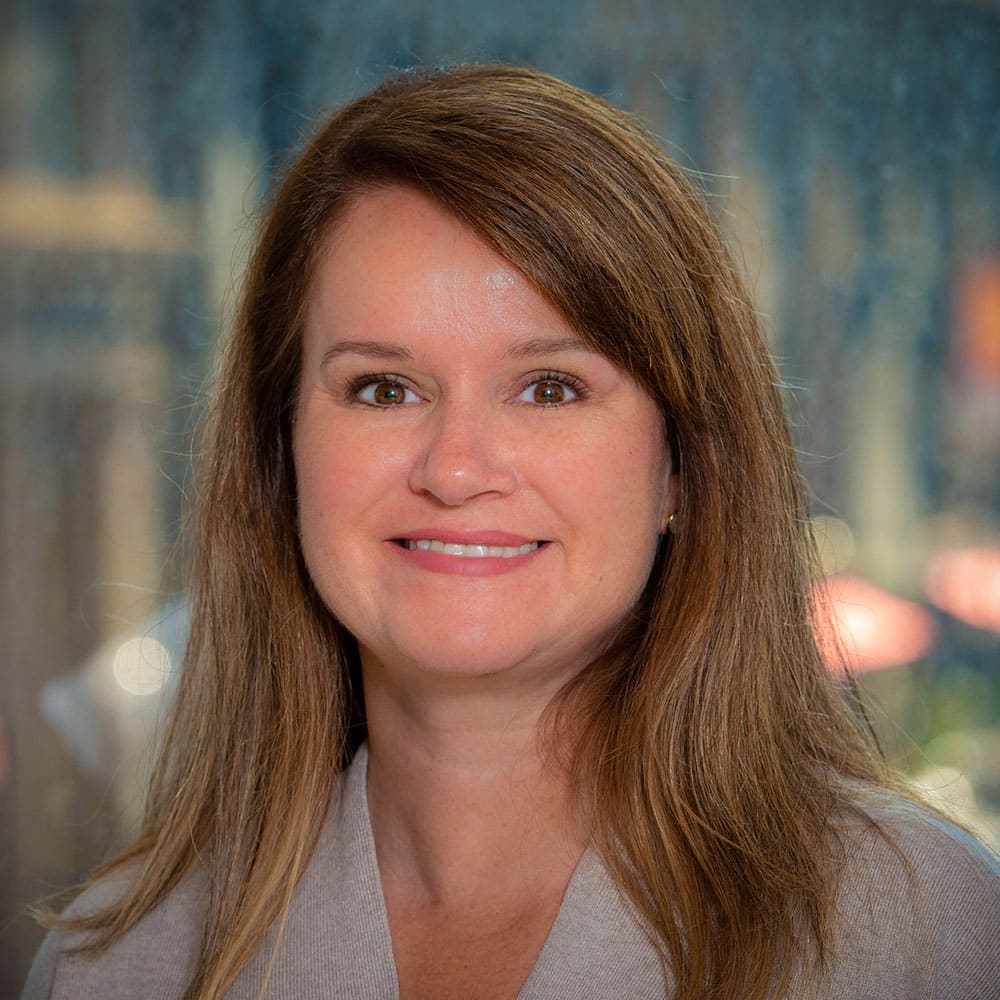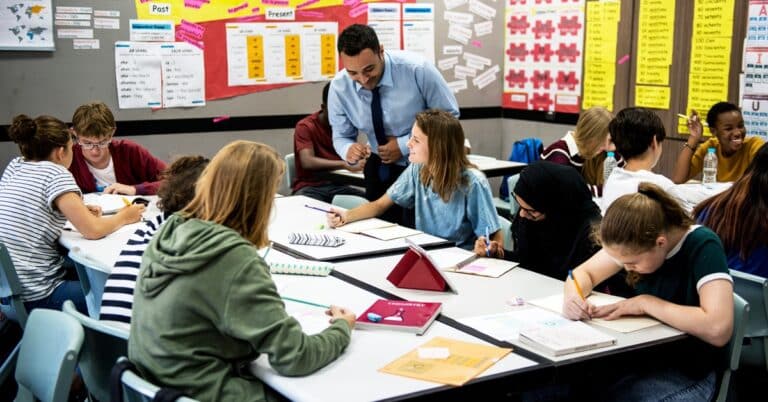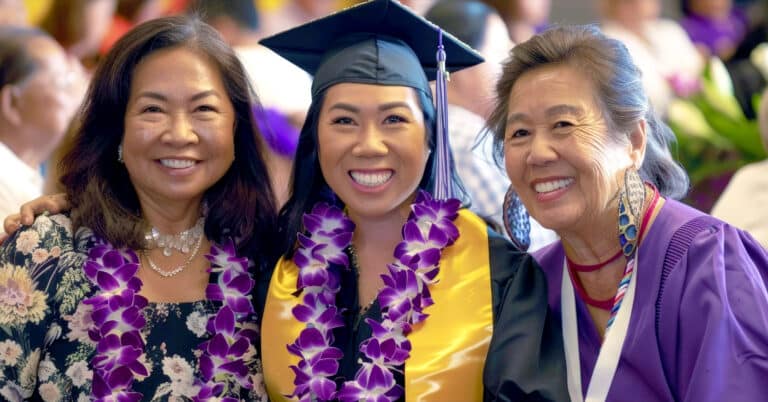In our work with learning communities, we often begin by asking people to dig into what they value about learning, what they want kids to know and be able to do, how they want the learning environment to look and feel.
And when you do that kind of thinking, you start to change the way that you talk about teaching and learning so it aligns more to what you value. Think about the words that matter and make sense to you – the words that help you articulate the shift you’re trying to make. Being intentional in the way you talk and think about this work lead to changes in behavior and puts what you believe front and center in front of families and communities.
That’s why I never use the word “student,” and why I’ve stopped using the word “teacher,” too.
When you think about what it means to be a student and what it means to be a teacher, traditionally, that sets up the structure in the classroom to be one where the teacher does all the teaching, and the student is there to receive it. The teacher is the deliverer, and the student is a passive recipient.
But that’s not how personalized, competency-learning environments work. When you’re trying to do things in a new way, one that centers learner needs and interests, that sees a teacher as more of a coach and a facilitator, it can be difficult if you’re using the same old terminology. It’s almost like muscle memory, anticipating what something is going to look, feel and function like when we’re using words like “student” and “teacher.”
Unlike students, learners can learn anywhere: at home with family, on the way to the bank, with peers or at their part-time job. Anywhere and everywhere that you are, you should be learning from your experiences, mistakes and situations. The word “learner” has a broader connotation that “student” doesn’t have. While our traditional understanding of a student is someone who sits in a classroom and takes things in, a learner has an active role in their education. The role of the learner transcends kids and adults. Everybody is a learner.
And so much of our work with educators is about rethinking the role of a teacher. We work with educators to undo the idea that they have to know everything, that they have to be the one disseminating all the information.
We also can’t just change the way we talk about things for the sake of change – if we aren’t doing the work of identifying why we’re making the change and what we’re hoping to convey, it won’t matter. But words do matter, and creating a shared vocabulary is part of the process of shifting practices.





